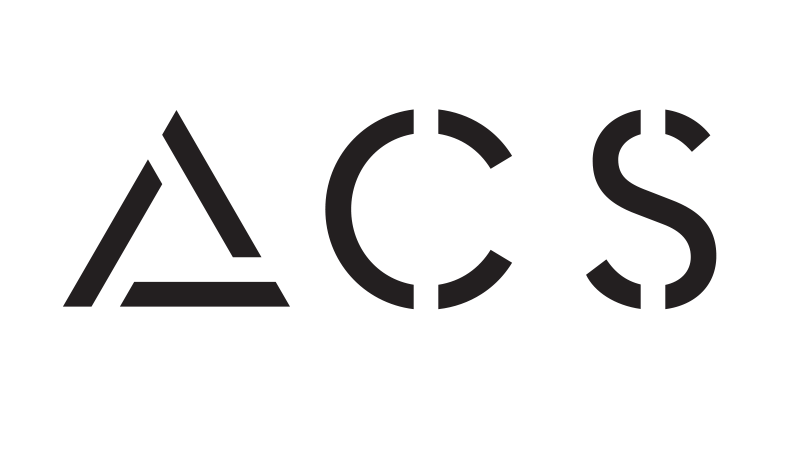5 May 2021

It has been a busy month for our Glasgow Chamber member ACS Clothing who has not only become one of the first 40+ founding signatories for Textiles 2030, but has also joined the Ellen MacArthur Foundation’s Network as an emerging innovator.
Textiles 2030
Textiles 2030 is the UK’s most ambitious voluntary agreement, designed to limit the impact clothes and textiles have on climate change in line with the Paris Agreement and the UN Fashion Industry Charter for Climate Action.
Textiles 2030 brand signatories will use a ‘Target-Measure-Act’ approach to reduce the impact of fashion and textiles across the UK. As a Commercial Affiliate, ACS will provide expertise to support brands and recycling organisations as they set tough targets, measure the impact of products and track progress on an individual basis, towards national targets.
By 2030, signatories will reduce their combined greenhouse gas emissions in line with a 1.5oC UN trajectory to reduce climate change. To do so, they will reduce carbon impact by 50%, and reduce their water footprint by 30%. In addition, signatories follow a circularity roadmap to ensure products are reused, recycled and that circular processes are implemented to counteract the the unsustainable linear take-make-dispose model.
Ellen MacArthur Foundation Network
Secondly, ACS is honoured to join the world’s leading circular economy network, the Ellen MacArthur Foundation as an emerging innovator. Becoming a member of The Ellen MacArthur Foundation’s Network will provide excellent opportunities for ACS to collaborate with like-minded organisations in the drive towards a circular economy.
ABOUT THE ELLEN MACARTHUR FOUNDATION
The Ellen MacArthur Foundation develops and promotes the idea of a circular economy. The Foundation works with, and inspires business, academia, policymakers, and institutions to mobilise systems solutions at scale, globally.
WHAT IS A CIRCULAR ECONOMY?
Driven by design, a circular economy eliminates waste and pollution, keeps products and materials in use, and regenerates natural systems, creating benefits for society, the environment, and the economy. Increasingly based on renewable energy and materials, it is a distributed, diverse, and inclusive economic model. Unlike the linear ‘take, make, waste’ system, a circular economy aims to keep products and materials in use for as long as possible. This is achieved through reuse, repair, sharing, repurposing, remanufacturing, and recycling materials to form a ‘closed-loop’ system.
WHY IS THE CIRCULAR ECONOMY IMPORTANT?
The circular economy is a systems solution framework that creates long-term economic growth and also tackles some of the biggest global challenges we face, such as climate change, waste and pollution, and biodiversity loss. The linear economy is unsustainable. Shifting towards a circular economy and scaling circular economy solutions will benefit the environment and create opportunities for long-term growth and resilience, jobs, and innovation.
ENABLING CLOTHING RENTAL AND RESALE
ACS is the largest rental and resale fulfilment centre in Europe. In summary, ACS offers an end-to-end turnkey solution that ensures the shift towards a circular economy is efficient. Included in this solution, ACS extend the life of clothing and divert vast quantities of textiles away from landfill by making sure clothing is used and reused. Currently, the fashion industry is resource-intensive and highly polluting. However, adopting a rental or resale model allows retailers to embrace circularity whilst allowing them to decouple growth from the mass production of textiles. Overall, this has a positive impact on the economy and the environment..
